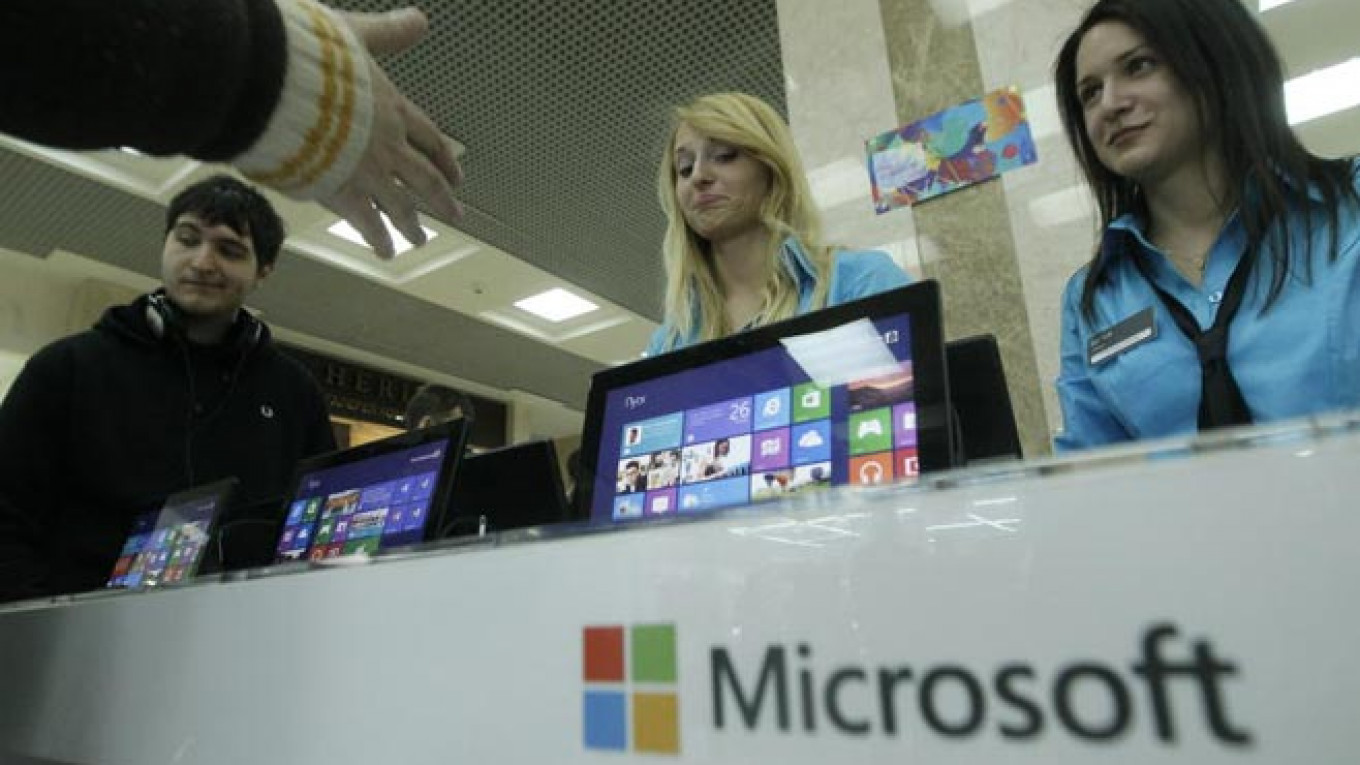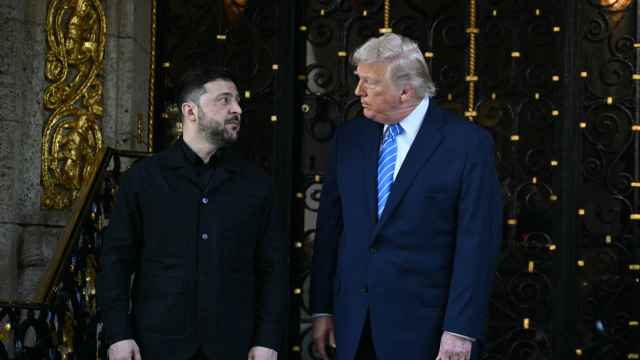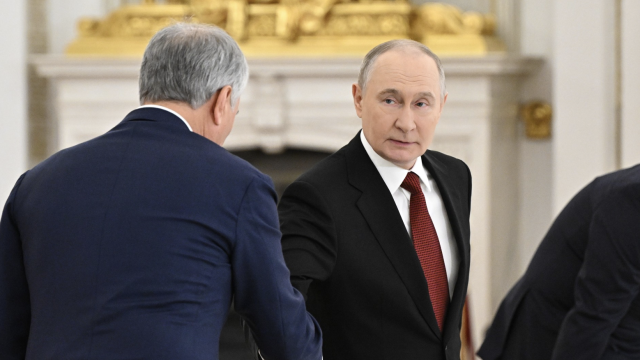U.S spying could cost software companies said Communications and Mass Media Minister Nikolai Nikiforov, in a message attached to an Instagram shot of a recent Wall Street Journal article detailing renewed U.S interest in spying on Russia.
"U.S. security services have put an end to the further use of U.S. computer software and hardware in Russian government and related sectors," Nikiforov wrote Monday, Vedomosti reported.
The U.S has gained a reputation for extensive electronic surveillance of foreign countries. On Wednesday Brazil's lower house of Congress voted in favor of a law that would make it harder for the U.S. National Security Agency to secretly mine Brazilian web data, following revelations that the agency hacked into a number of world leaders' private email accounts and monitored their telephone calls.
U.S spy agencies are now seeking to improve their surveillance of Russia, after failing to predict Russia's blistering fast takeover of Ukrainian peninsula of Crimea, The Wall Street Journal reported Monday. "It was classic ***maskirovka***," a senior U.S official said, using the Russian term for camouflage to describe the stealth Russian forces used to evade U.S intelligence.
U.S. and European software manufacturers have been experiencing success in Russia recent years. Microsoft started operations here immediately after the Soviet Union's breakup, and now has an installed base of over 10,000 companies across the country. German software maker SAP has been working in Russia since 1992 and has offices in multiple Russian cities. SAP's revenue in the post-Soviet sphere rose in 2013 by more than 20 percent, Reuters reported March 13.
SAP Russia declined to comment on how a government ban on foreign software might affect their business, but said that they would wait "and see how events develop." Microsoft Russia also declined to comment.
Industry players said that although there is local computer hardware assembly, the government may have a harder time divesting itself of foreign software technology. In the meantime, the Federal Security Service has taken some old-fashioned steps to reduce its high-tech vulnerability. In February 2012, the successor to the KGB and Russia's main counter-intelligence agency purchased more than 100 typewriters for 2 million rubles ($62,000).
A Message from The Moscow Times:
Dear readers,
We are facing unprecedented challenges. Russia's Prosecutor General's Office has designated The Moscow Times as an "undesirable" organization, criminalizing our work and putting our staff at risk of prosecution. This follows our earlier unjust labeling as a "foreign agent."
These actions are direct attempts to silence independent journalism in Russia. The authorities claim our work "discredits the decisions of the Russian leadership." We see things differently: we strive to provide accurate, unbiased reporting on Russia.
We, the journalists of The Moscow Times, refuse to be silenced. But to continue our work, we need your help.
Your support, no matter how small, makes a world of difference. If you can, please support us monthly starting from just $2. It's quick to set up, and every contribution makes a significant impact.
By supporting The Moscow Times, you're defending open, independent journalism in the face of repression. Thank you for standing with us.
Remind me later.






